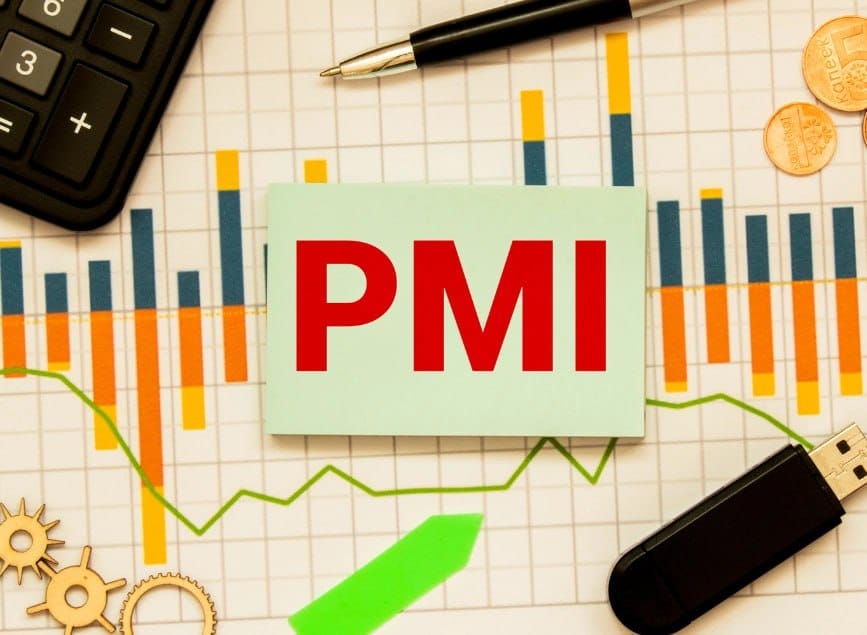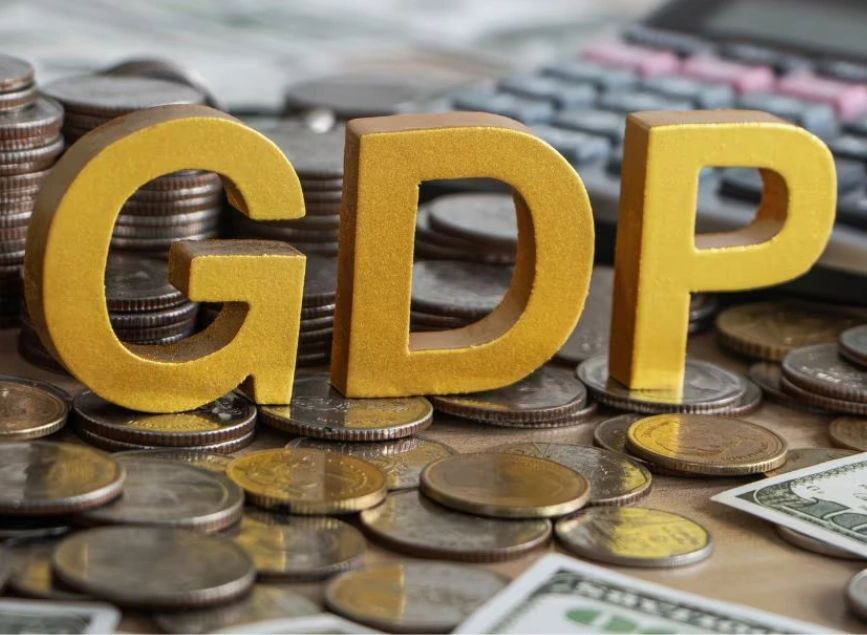
Decrease in Japan’s composite PMI
Japan’s au Jibun Bank composite Purchasing Managers’ Index (PMI) slipped to 52.5 in September 2024, down from August’s 15-month high of 52.9. Despite the decline, the index remains above the neutral 50 mark, indicating that the private sector has expanded for the eighth consecutive month. This sustained growth, however, masks underlying challenges within the economy, particularly in the manufacturing sector.
Services Sector Drives Growth
The expansion in the composite PMI was primarily driven by robust performance in the services sector, which has shown resilience amidst various economic pressures. Increased consumer spending and a rebound in tourism have contributed positively to the services industry’s growth, reflecting ongoing recovery efforts post-pandemic. Businesses in sectors such as retail and hospitality reported stronger demand, bolstering the overall private sector performance.
Manufacturing Activity Contracts
In contrast, Japan’s manufacturing sector continues to face headwinds, contracting for the third consecutive month. Factors such as supply chain disruptions, rising input costs, and a global slowdown in demand have negatively impacted manufacturing output. The persistent contraction in manufacturing raises concerns about the overall economic outlook, as this sector plays a crucial role in Japan’s export-driven economy.
Economic Outlook
The slight decline in the composite PMI suggests that while the private sector is still expanding, the pace of growth may be slowing. The ongoing challenges in manufacturing, coupled with a global economic environment that remains uncertain, could impact future growth prospects. Policymakers and businesses alike will need to navigate these complexities carefully to sustain the positive momentum observed in the services sector.
Share
Hot topics

What Is GDP? A Complete Guide to Gross Domestic Product
GDP or Gross Domestic Product is one of the most powerful indicators used in global economics. It plays a central role in the decision-making processes of investors, central banks, governments,...
Read more




Submit comment
Your email address will not be published. Required fields are marked *